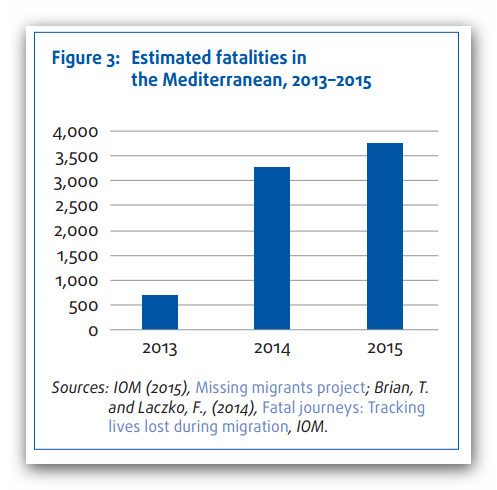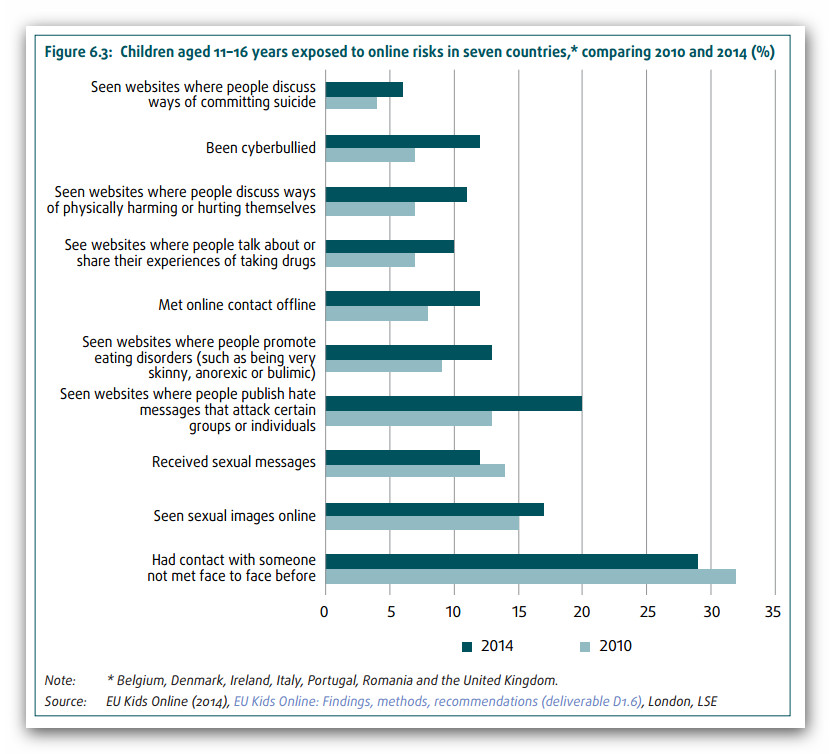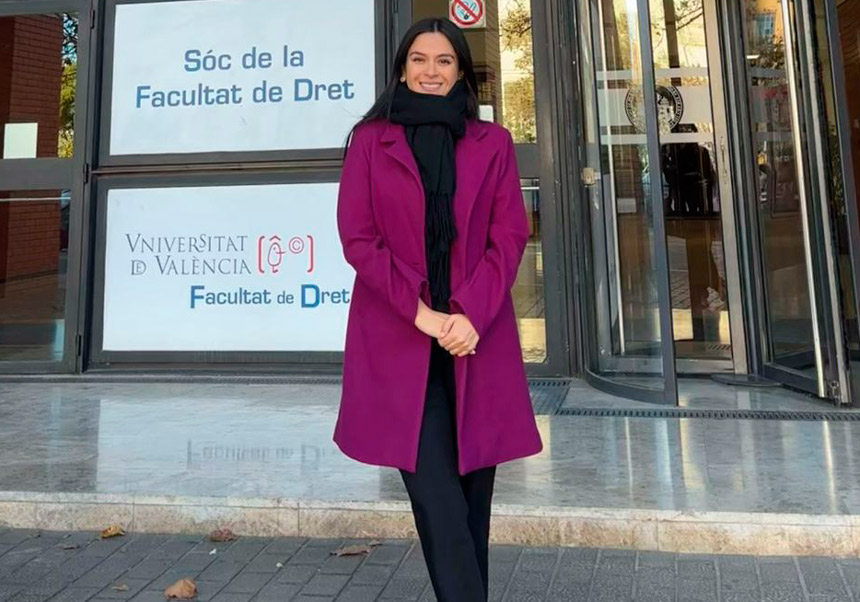
The European Fundamental Rights Agency has published the 2015 report on the state of fundamental rights in the EU. We here analyse some of the results of the European initiatives on migration, children’s rights and access to justice.
23 june 2016
The European Fundamental Rights Agency (FRA) has published its Annual report on the state of the EU Fundamental Rights of 2015. In it, the results of the different initiatives launched by the EU and its member states are explained and the challenges for the future to reach the objectives contained in Horizon 2020.
The European Agency for the Management of Operational Cooperation at the External Borders (FRONTEX) indicates that in 2015 arrived to Europe approximately one million refugees and immigrants by sea, especially in Greece and Italy, in comparison to the 200,000 that arrived in 2014. According to the International Organisation for Migration (IOM), around 3,771 people died in 2015 when crossing the Mediterranean sea with vessels that do not apply the minimum safety measures.
Upon recommendation of the EU, 27 member states have accepted resettling the refugees that arrive to the European continent between 2015 and 2017, compared to the 16 countries that endorsed the measure in 2014. In this sense, some Central European countries have expressed their preference for only receiving Christian refugees, arguing that they find complicated integrating Muslim immigrants, which contradicts the article 21 of the Charter of Fundamental Rights of the European Union on no discrimination.
Likewise, aiming to guarantee the right of asylum, the member states should enable the entry of people to the EU legally, through resettling and humanitarian admission.

Image source: http://fra.europa.eu/sites/default/files/fra_uploads/fra-2016-fundamental-rights-report-2016-2_en.pdf
Children’s rights
Reducing in 20 million the number of children at risk of poverty is still one of the objectives the European Commission has proposed for Horizon 2020. In 2014, a 27.8% of children were at risk of poverty or social exclusion.
The report also stands out the will of the European Commission for establishing measures that protect minors in Internet. In a survey carried out by the research group EU Kids Online to 25,000 children and parents of 25 member states on the habits, skills and risks of surfing the web, it was demonstrated that is more likely minors from 11 to 16 years old find hate messages (20% in 2014 compared with 13% in 2010) and suffer cyberbullying (12% in 2014, compared to 7% in 2010) when they access Internet.

Image source: http://fra.europa.eu/sites/default/files/fra_uploads/fra-2016-fundamental-rights-report-2016-2_en.pdf
Access to justice
The United Nations, the European Council and the European Union continue working on guaranteeing an independent justice and a stable judicial system. Specifically, the report elaborated by FRA emphasises the efforts of the European Union and of the member states for improving the access to victims to justice and protecting them when they lodge a complaint.
In the task of making visible the violence against women, the media also have responsibility, at times, in a negative way. For example, when treating in the news the sexual abuses occurred in Colonia on New Year’s Eve, it was associated the arrival of refugees to the German city with the rapes produced that night. Nevertheless, the research carried out by the European Fundamental Rights Agency shows that many of the authors of these abuses are European citizens; normally, family, friends and close people of the victims.













